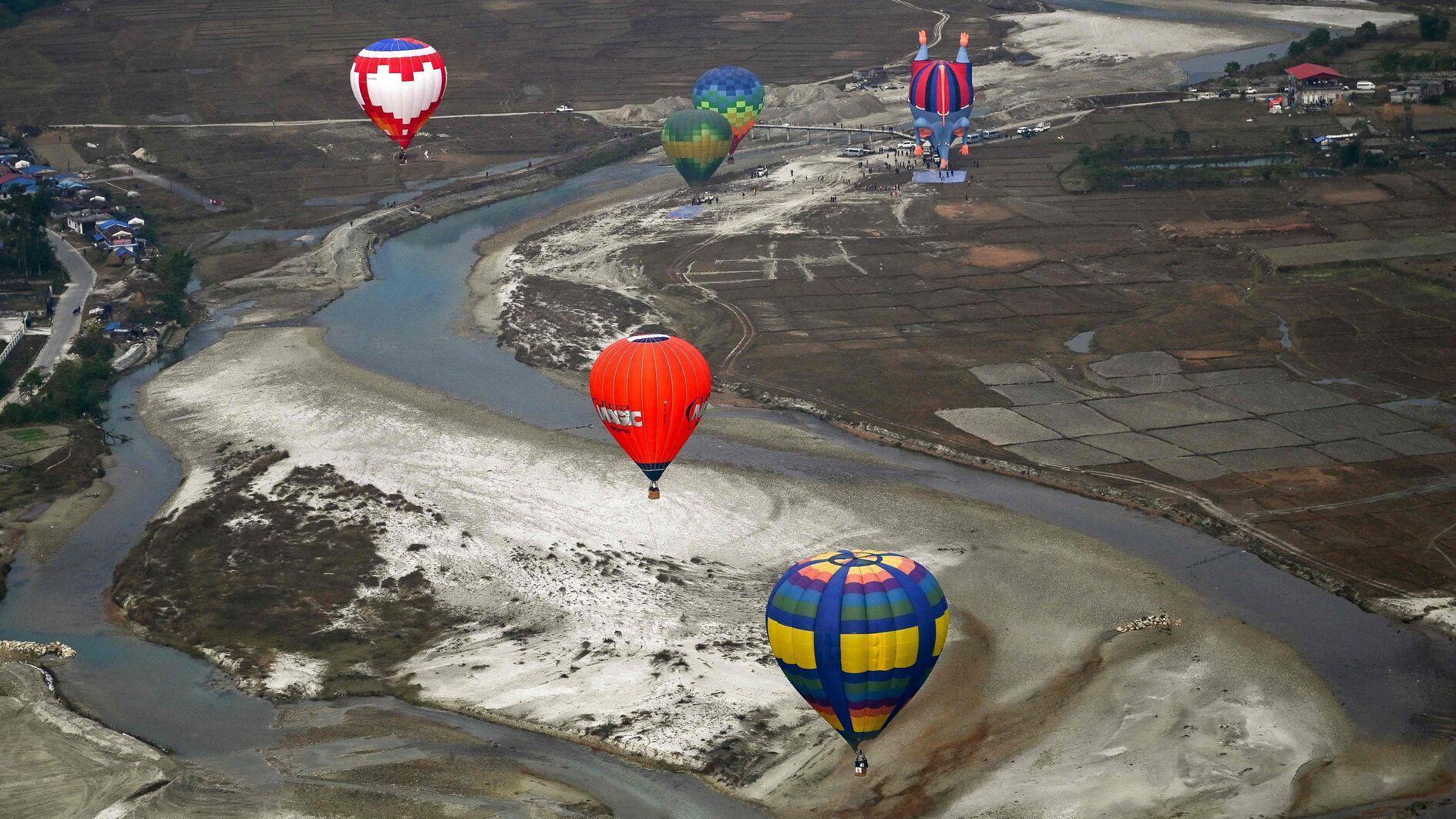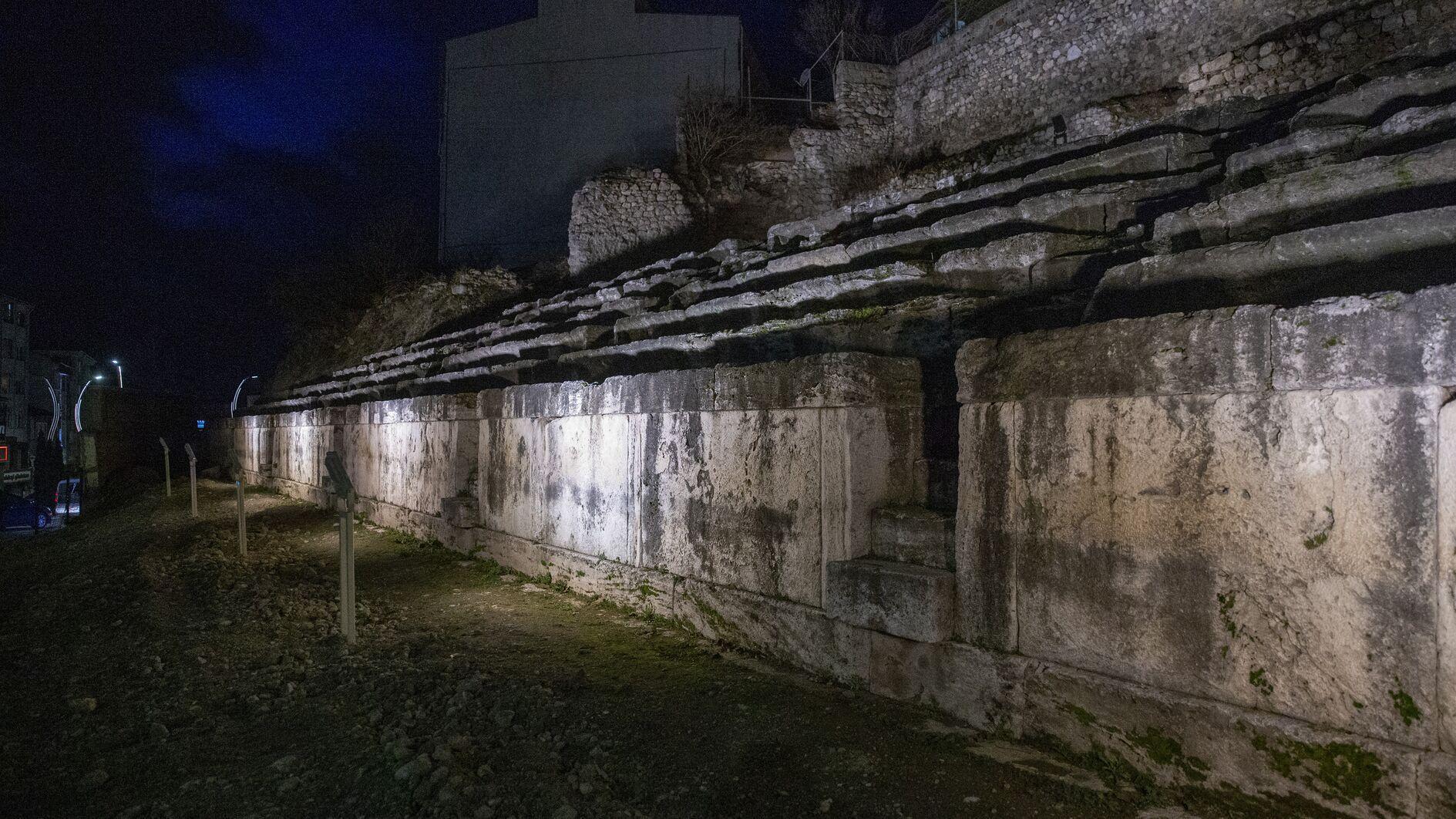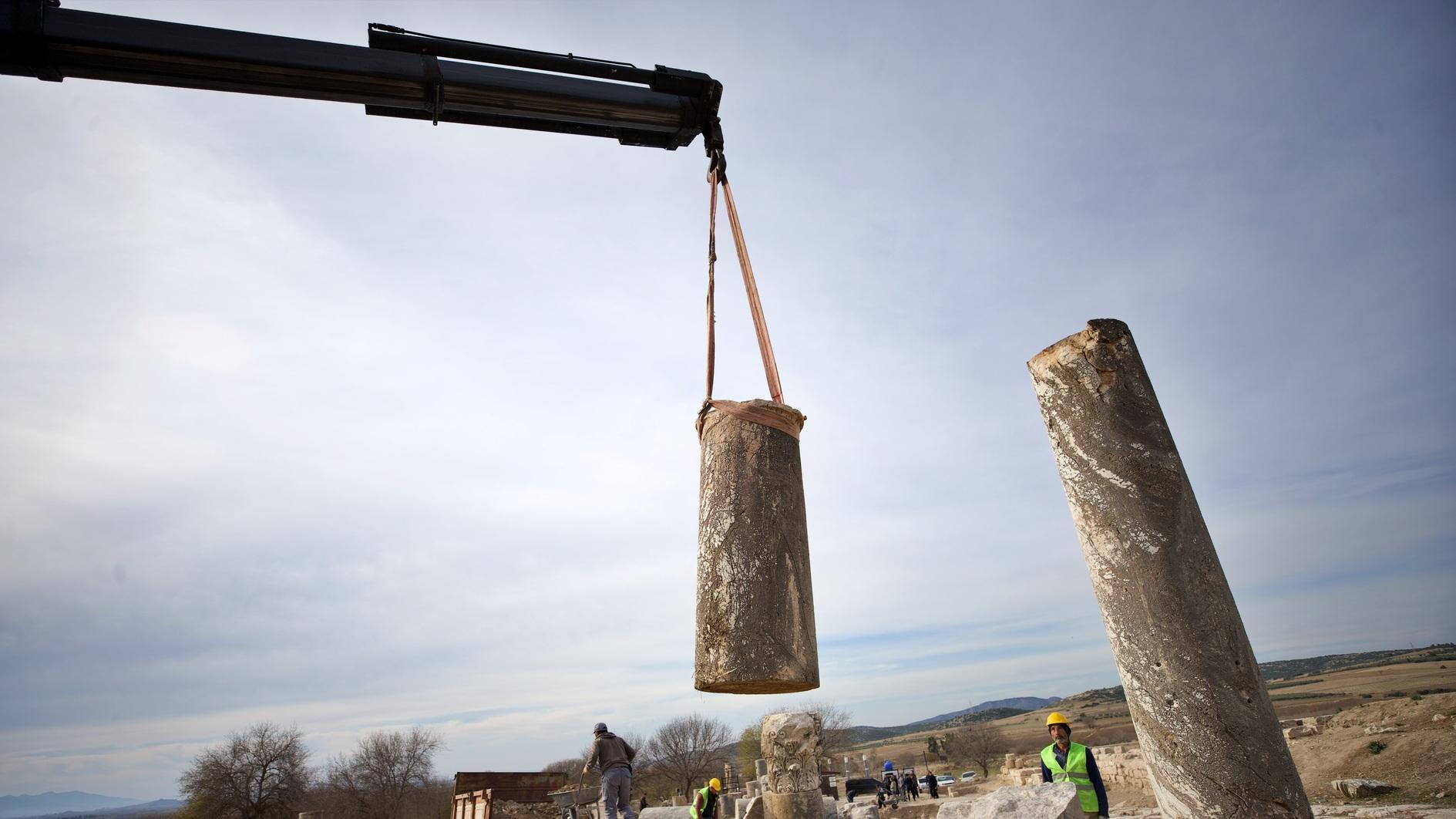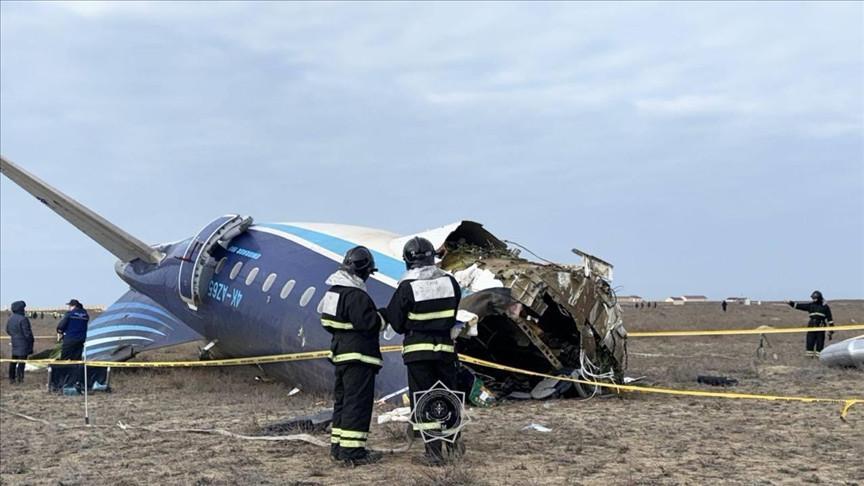Educational, training opportunities for refugees could be optimized
Thiemo Fojkar President of the European Association of Institutes of Vocational Training (EVBB)
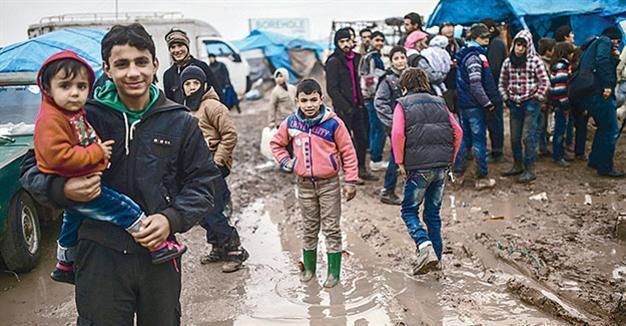 Once again international terrorism has shattered the world; at the same time, millions of people are escaping to Western Europe.
Once again international terrorism has shattered the world; at the same time, millions of people are escaping to Western Europe. They are looking for shelter and want to be protected against the threats they are exposed to in their home countries. Some of them want to stay; most of them want to return to their homes. Both - the large number of refugees and terrorism – pose great challenges to the European Association of Institutes for Vocational Training – EVBB - and its member organizations. We firmly believe that education is the key to integration - integration of socially disadvantaged people who have long been in the hosting country, and integration of those who have arrived recently.
Equal rights for all, equal opportunities for all - these are the basic values of our democracies. And these are also the foundations of social peace within our countries.
Wherever discrimination is on the agenda, where women do not have the same rights as men or where people are disadvantaged because of their religion or perception of life - terrorism has a good breeding ground.
As a European association working in the field of education and vocational training, we have learned our lessons from the history of Europe.
After the Second World War, several millions of people were on the run. Polish people were resettled by force from the Eastern parts of the country to the West; many Germans had to leave their settlement areas and also moved westward. The reputation of Germany in the world hit a historic low; its neighbors had large reservations against this country in the heart of Europe. At the same time, the country had to be reconstructed.
We managed it all. Today, Europe is a politically coherent body, with nearly equal rights for all its residents. We as the EVBB have our share in this success, too. As already said before, we believe that equal professional opportunities are a guarantee for social peace in our countries. Where there is inequality, there is turmoil. We could observe this, for example, in the riots the suburbs of Paris were faced with.
Those who feel they are permanently excluded from society and economic growth and left behind believe they have nothing to lose.
Those, however, who are integrated in society and in their professional setting, are less vulnerable to extremist ideas We are facing major challenges. On one hand, we must ensure that those people who have currently received asylum and protection in any of our European countries will be integrated as far as possible. This can also be achieved through further professional qualification measures. And
that’s what the EVBB stands for. Our 55 member organizations, including colleges and universities, are working in 20 European countries, the People’s Republic of China, Vietnam, Sri Lanka and Tunisia.
However, the portfolio of the EVBB members also includes activities designed to create equal opportunities for people who have already lived in our countries for quite some time.
In addition to my role as President of EVBB, I am also the CEO of Internationaler Bund, a German organization that cares for about 350.000 people of all ages for almost 70 years. So we know what we are talking about.
But in times like these, it is not enough and no longer adequate to think and act in categories of national borders. The current refugee flows and waves of international terrorism have shown this. Refugees naturally do not stop at borders. Neither do terrorists, unfortunately. Therefore, we must work in a multinational and international network. The European Association of Institutes for Vocational Training has a long track record in this context.
When we decided to accept member organizations from Asia and North Africa, we have already started to leave the borders of Europe behind us. We run both a German and a European association in the fields of education and vocational training. What is still missing is an international association that addresses the issue of advanced training and qualification measures on a large scale. For sure, this can only be beneficial in the medium and long term. In our globalized world, we must not leave the market to the industry alone to act on the global stage.
Civil society organizations, too, must position themselves internationally and join forces. I am convinced that together with the industry, we can succeed to ensure greater prosperity and peace worldwide. And maybe we can even succeed in reducing the number of people who leave their homes because of wars, poverty or despair. I am a realist and I do not believe that we can expect world peace from such a cooperation. But if we can help to make the world only a little more just, then we need to address that.
And we have already started. Apart from planning such an international organization for education and vocational training, we are about to organize a conference in Antalya, which is scheduled to take place in September. Partners from four countries - AFPA from France, ENAIP from Italy, DIAN from Greece and myself representing Internationaler Bund – all from EVBB - will meet there together with policy makers from Europe and especially from Turkey as well as the donor community to discuss how the educational and training opportunities for refugees in Turkey can be optimized. We are ready to introduce and to offer our experiences gained over the last decades – if desired.


